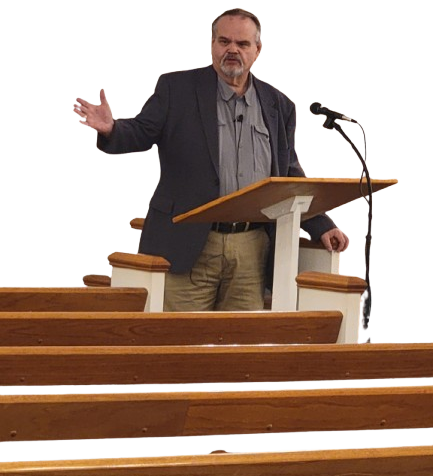When Christians do not share similar priorities or allegiances, work is compromised. We cannot allow external divisions to corrupt relationships or fellowships within the church....
Read More
When Christians do not share similar priorities or allegiances, work is compromised. We cannot allow external divisions to corrupt relationships or fellowships within the church....
Read MoreIt’s one thing to worry about the spiritual condition of a close family member. But what about someone you’ve never met? The Gut Wrenching Struggle...
Read MoreAn accused murderer is reported to have said, “I’ve had enough of his hatred, ” so he killed him. Meanwhile, the highest-ranking law enforcement officer...
Read MoreYes, this is another article on forming good habits. One of the reasons we get tired of someone writing about habits is that we have...
Read MoreSilence really is golden. In a moment of quiet contemplation, reflection, or even sadness, silence can be precious while at the same time being so...
Read MoreGet every article as soon as it is published! Subscribe to BryantEvans.com by clicking the button below. We never give away, trade, or sell your information.